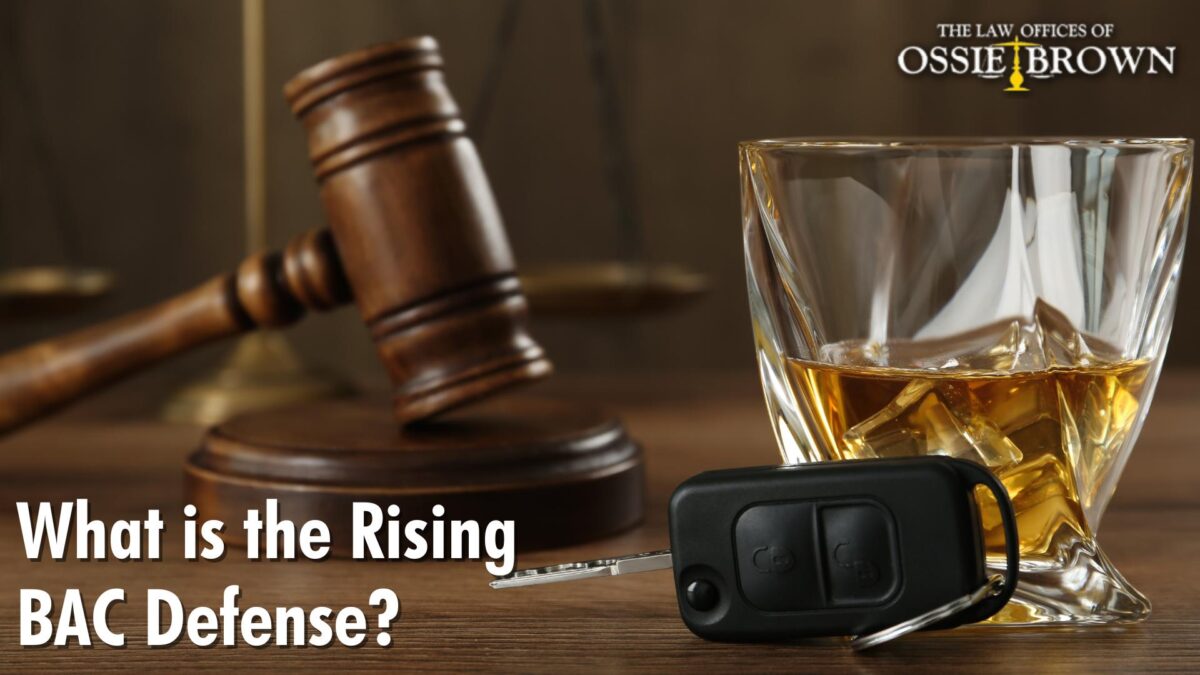Living in a college town like Baton Rouge, it’s normal for most people to get behind the wheel after an alcoholic beverage or two. In many cases, a person’s BAC may be under the limit to drive after consuming alcohol, but when they have to wait to take a DUI test, their BAC can go up, which can lead to an actual DUI arrest.
Once you’ve finished your last mixed drink, your BAC (blood alcohol concentration) continues to increase until it reaches the maximum level. So, you may be within the legal guidelines of operating a vehicle immediately after drinking, but your levels can increase over time while you wait for a breath or chemical test. This is referred to as rising blood alcohol concentration, and in some DUI cases, it can be used as a solid legal defense.
At the Law Offices of Ossie Brown, we’ve represented countless clients in their DUI cases and have experience using the rising blood alcohol defense for violation of alcohol or liquor laws in Louisiana. If you’re facing a potential DUI conviction, contact the Baton Rouge DUI attorneys at the Law Offices of Ossie Brown. To schedule a free consultation regarding your Baton Rouge DUI case, call 225-343-1111 today.
What is Rising Blood Alcohol Concentration?
When a person stops drinking, their blood alcohol concentration (BAC) continues to increase, which is called a rising BAC. Measuring a person’s BAC is the best way to know the amount of alcohol in their bloodstream instead of how many drinks they’ve consumed. While two people may consume different amounts of alcohol, they could have the same BAC and experience the same intoxication side effects.
The “rising BAC” is a type of legal defense that is used to reduce drunk driving charges. On average, it takes about 30 to 45 minutes for a person’s BAC to increase until it reaches its maximum level after the person’s last drink. This time frame can vary depending on other factors affecting a person’s BAC. Some individuals may not reach their maximum BAC level until two or three hours after their last alcoholic drink.
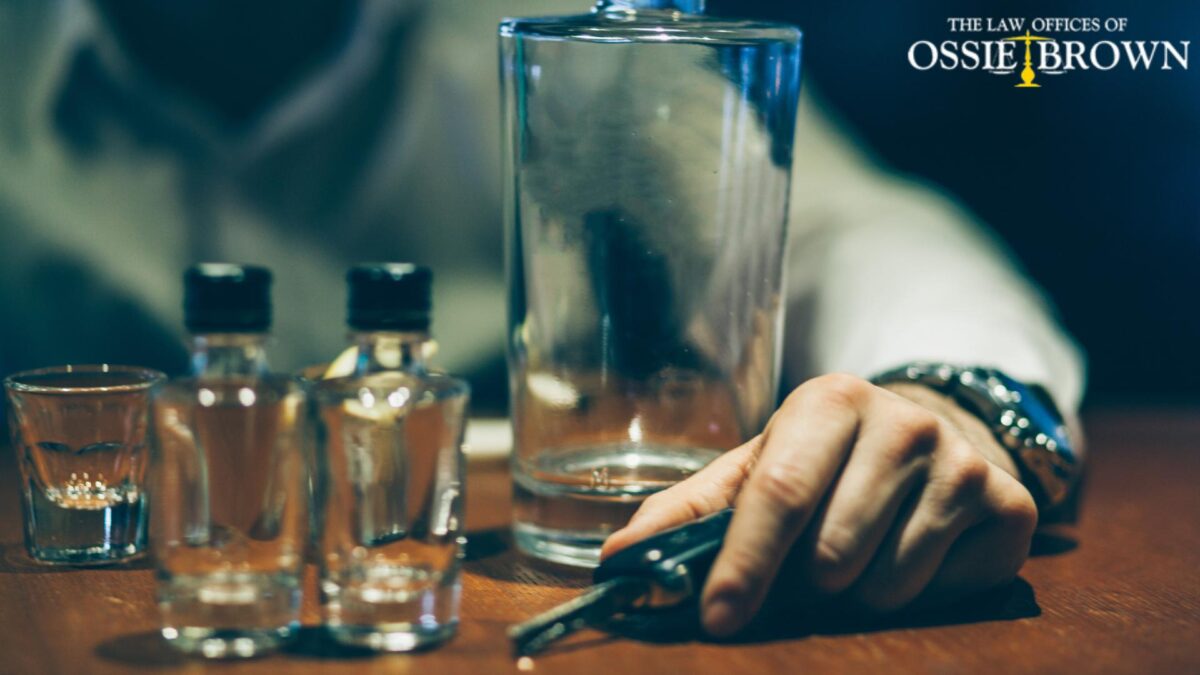
How the Body Absorbs Alcohol
The human body absorbs around 20% of alcohol into the stomach. The majority of the remaining alcohol is absorbed into the small intestine. Over time, the body excretes alcohol through saliva, sweat, breath, and urine, which is how a breath test is able to detect a person’s BAC.
As the alcohol continues to travel from the digestive system to the bloodstream, it makes its way to other organs, including the brain. The alcohol is eventually broken down by the liver and then mostly eliminated through urine. However, the liver can only process so much alcohol at a time, so the remaining alcohol stays in the bloodstream, which is how a person becomes intoxicated.
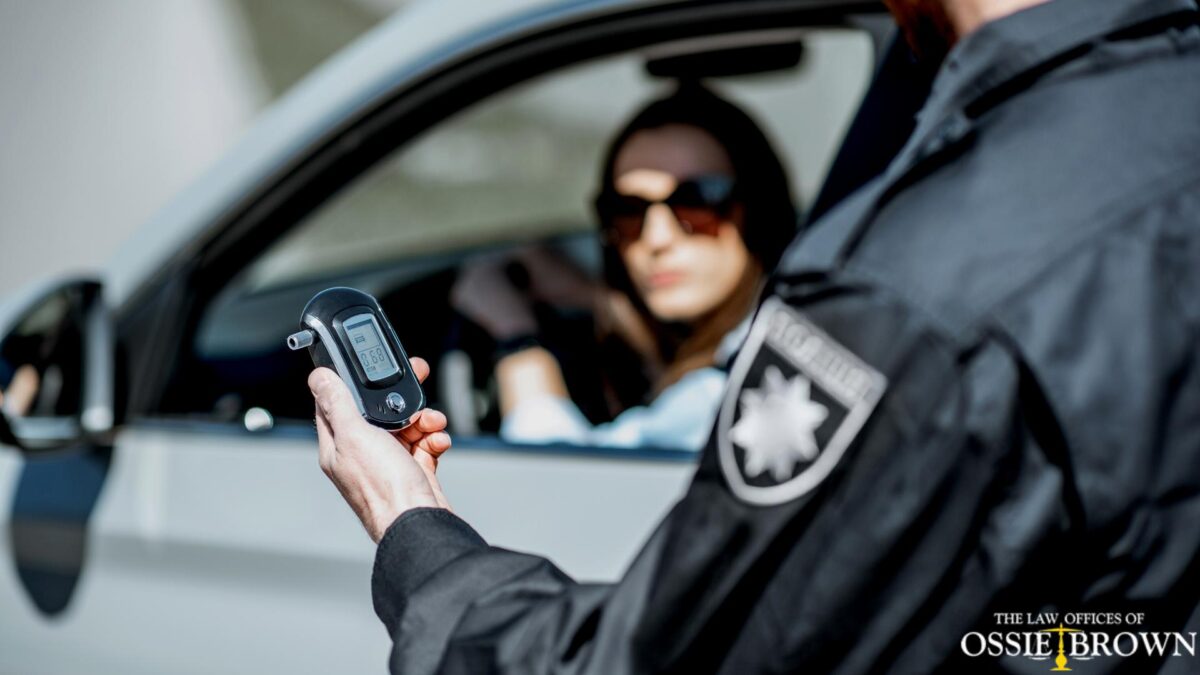
How BAC Levels Change Over Time
A person should reach their peak, or maximum, BAC level between thirty minutes to two hours after they stop drinking. Once their BAC level has reached its peak, it will begin to decrease. The decline of an individual’s BAC level is often referred to as “falling blood alcohol concentration.”
Typically, an individual’s BAC level will drop around 0.015% every hour, regardless of height, weight, age, and other mitigating factors. For example, if you’re at the legal limit of 0.08% and wait an hour to drive home, your BAC would have fallen to 0.065%. However, if you’re at 0.10% and wait an hour to drive home, you’re only at 0.085%, which is still above the legal limit, and you could therefore face DUI charges.
Factors That Can Affect How Quickly Alcohol is Absorbed in the Body
Everyone absorbs and eliminates alcohol at different rates. The factors that can affect this include the following:
- Weight, height, body type, and fat percentage
- Gender
- Whether beer or hard liquor was consumed
- Whether or not the person drank on an empty stomach
- The speed at which the person drank
- A person’s tolerance of alcohol compared to their level of functionality
- Whether the person has drugs in their system (both illegal and prescription drugs can affect the body’s ability to absorb alcohol)
- Sickness
- Fatigue
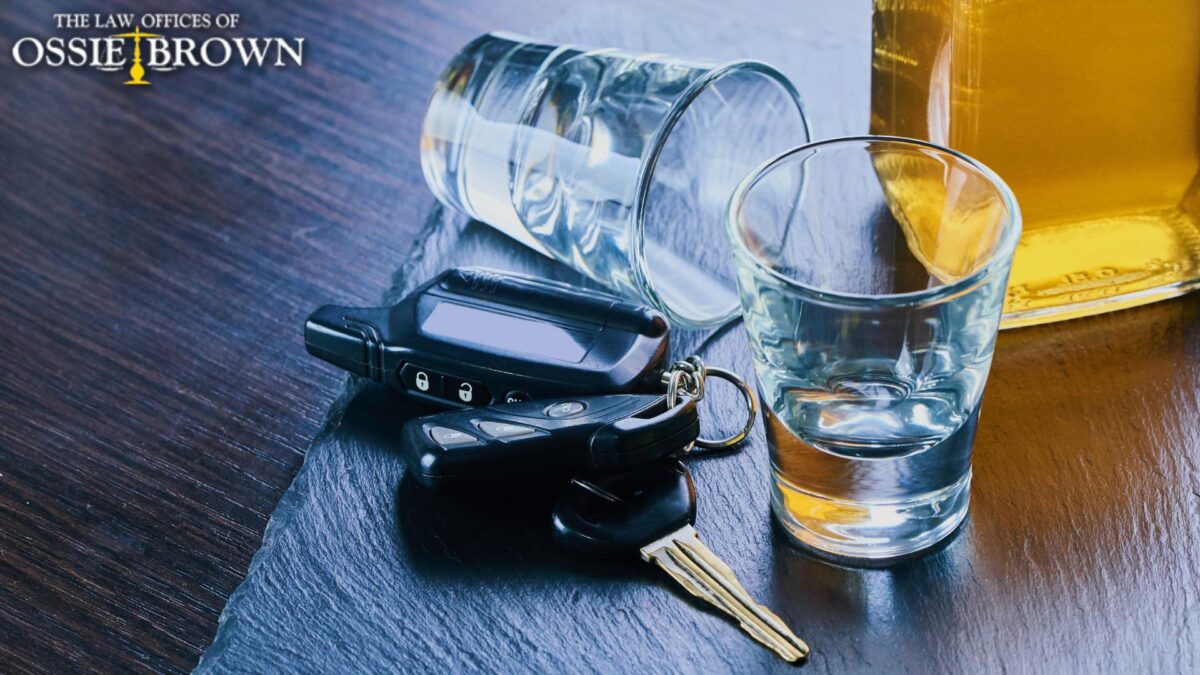
What is the Rising BAC Defense for DUIs?
When a person is pulled over for a suspected DUI, the chemical test may not be administered by the police officer right away. It’s not uncommon for a breath or blood test to be given at the police station after the person has been arrested.
Chemical tests are valid for three hours following an arrest. During this time, the person arrested could still have a rising BAC level when they take their test. Depending on the person’s metabolism, they could already be experiencing a falling BAC, but the rate at which a person’s blood alcohol concentration level falls is much slower than when it rises.
For example, a person leaves a party, and they still feel sober enough to drive despite having a drink or two. At this point, their BAC is probably under the legal limit. If that person accidentally runs a stop sign and is pulled over for it, the police officer could arrest them if they smell alcohol on their breath or notice other signs of intoxication. By the time they administer the breath or chemical test at the police station, the driver could feel tipsy or drunk, and their BAC shows that by exceeding 0.08%. This person could face DUI charges even though, at the time they were pulled over, their BAC was under the legal limit and they felt sober enough to drive.
An experienced DUI attorney can gather sufficient evidence to argue and prove that the driver was, in fact, sober enough to drive home from the party. By the time the driver had been arrested and tested, upwards of 45 minutes had passed, and the driver’s last drink finally caught up to them. Therefore, the driver should not be convicted of a DUI, or at the very least, they should receive a decreased penalty.
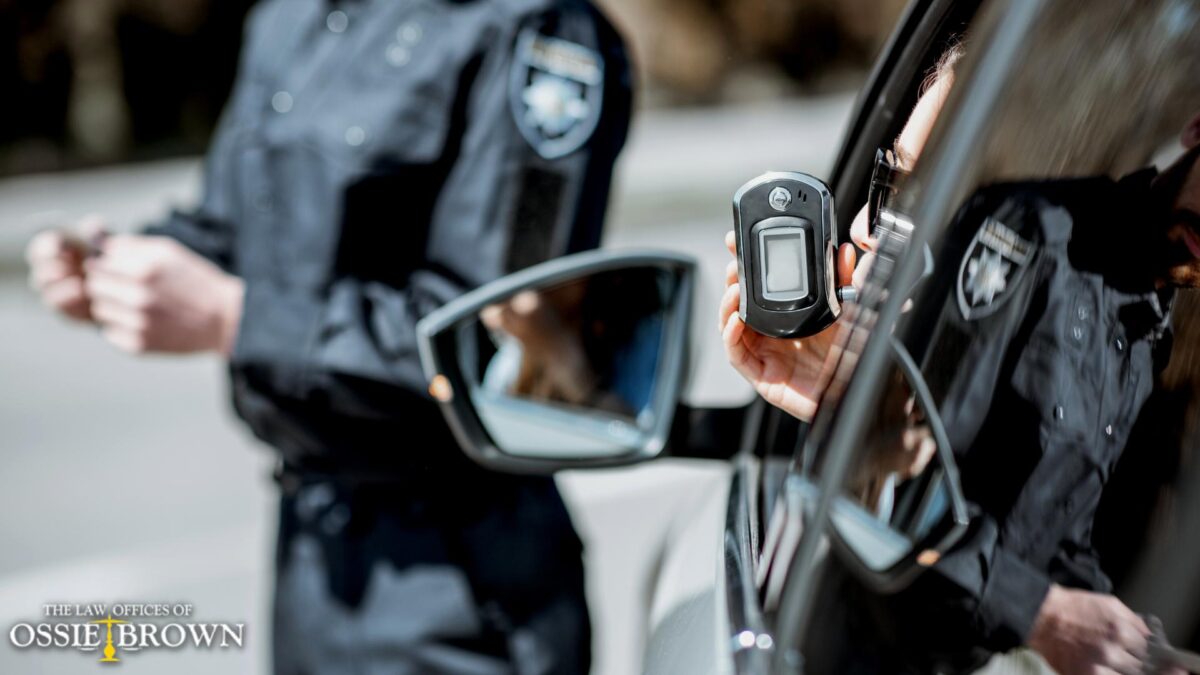
How to Fight a DUI Charge With the Rising BAC Defense
In order for your attorney to build a strong defense for your DUI case, they must be able to prove that you were not above the legal limit at the time you were pulled over. A driver’s BAC level is in a constant state of motion – it’s either rising or falling. When a person is pulled over for a suspected DUI, there is usually a gap in time between when the person was driving and when they are given the breath or chemical test.
In order to successfully use the rising BAC defense, your case must fall within the below conditions:
- Near the legal limit: If your breath test showed that you were at a 0.16%, which is twice the legal limit, a rising BAC defense will not work for you. While your BAC level may have risen, you were already over the limit. In order to use the rising BAC defense, you need to be within 0.08% to 0.11%.
- Delayed testing: A delayed testing angle only works if there is a significant time gap between when you were pulled over and when the DUI test was administered. For example, if you were given field sobriety tests when you were pulled over but had to wait until you reached the police station to receive your breath test, the delay could be significant enough to qualify for the rising BAC defense. Timing is everything regarding delayed testing and the rising blood alcohol defense.
- No obvious signs you were driving under the influence: If you had slurred speech when you were pulled over or were seen swerving or driving erratically, the rising BAC DUI defense won’t work.
In order to successfully use the rising blood alcohol defense, you need an experienced DUI attorney on your side. Not only will they evaluate your timeline leading up to the moment you were pulled over, but they will also enlist the help of an expert witness, like a forensic toxicologist, to talk about how the human body metabolizes alcohol. Your defense attorney can utilize their expert witness to build a timeline of events leading up to when you were pulled over and prove that you were under the legal limit at the time you were pulled over. In fact, an expert witness’ testimony could help you avoid the courtroom altogether. If they can prove beyond reasonable doubt that you were not above the limit when you were pulled over, your attorney could dismiss your case or face a lesser charge.
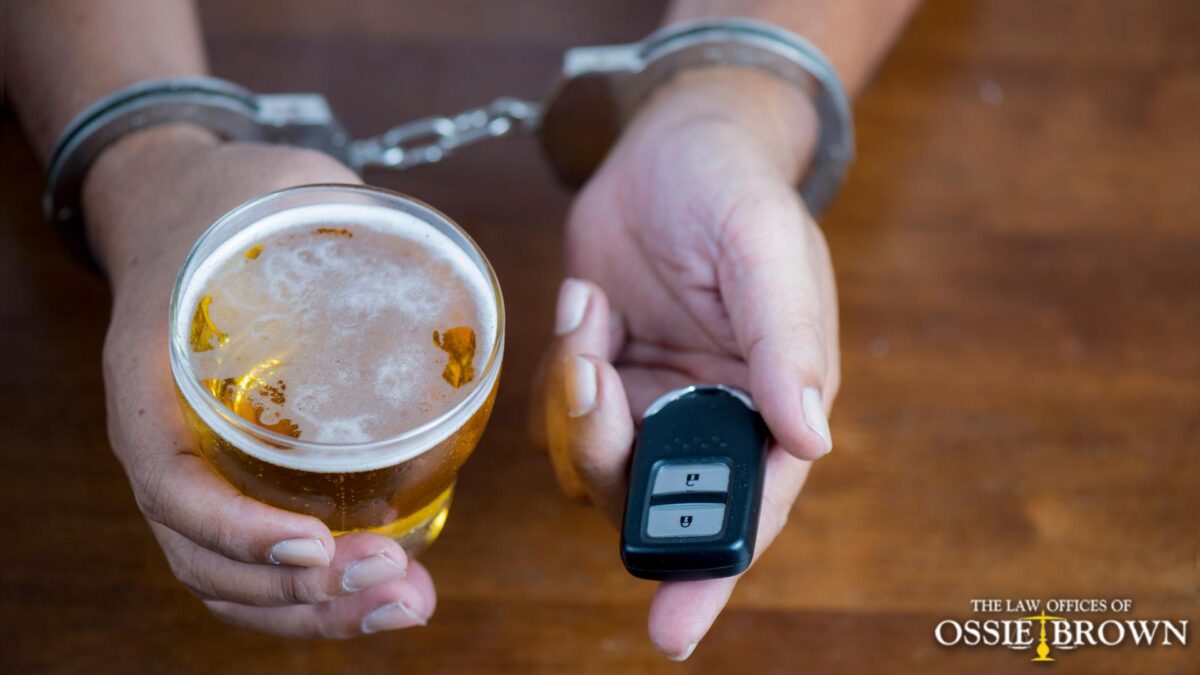
Call Baton Rouge DUI Lawyers at the Law Offices of Ossie Brown Today
Since 1984, The Law Offices of Ossie Brown have represented Baton Rouge residents in their DUI cases, personal injury lawsuits, wrongful death litigations, and more. If you’re looking for the best legal representation for your DUI case, look no further than the Baton Rouge DUI attorneys at the Law Offices of Ossie Brown. Using the rising blood alcohol defense, your attorney will create enough reasonable doubt to dismiss your case. Choosing an attorney with experience fighting DUI cases can mean the difference between a DUI conviction and a case dismissal. Schedule a free consultation with one of our DUI attorneys at the Law Offices of Ossie Brown by calling 225-343-1111 today.

